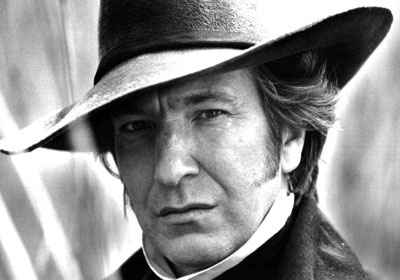I just finished re-reading Pride and Prejudice for my Jane Austen class, and yet again I found myself awed and humbled by Austen’s style. Her smoothness of narrative is terrifying in its near-perfection, and her characterization and plotting are impeccable. My friend Shawn is fond of trying to provoke me by saying things like “there’s a reason some works are canon” and though I will argue with him (all in good fun, of course), in Austen’s case, I happen to agree.
It’s not surprising that of all the women writers* out there Austen is the canonical one. Many would assert her allegedly conservative values as what gives her that status, but I would disagree about both the conservative nature of her values and that being the reason she appears on syllabi everywhere. Austen is too slippery for such small analysis– the raging debates in academic circles are testament to her subtlety. I tend to side with the camp that declare her to be subversive, but I think Austen’s true glory is that anyone can find what they want. If you like romance, Austen has something for you. If you like bright women being impertinent, you are also served. If you are the type of person who likes to see bright, independent women humbled by strong males Austen will please you. And, I would argue, if you’re the kind of individual who likes the act of liking being humbled by strong males while winking at the world and getting pleasure from the power-play, Austen will give you just what you need. In Pride and Prejudice, Elizabeth Bennet cries “How despicably have I acted!” after Mr. Darcy gives her the letter which explains to her just how much she has misjudged him. She goes on to say: “I, who have prided myself on my discernment! I, who have valued myself on my abilities! who have often disdained the generous candour of my sister, and gratified my vanity in useless or blameable distrust. How humiliating is this discovery! yet, how just a humiliation!” There are many out there who would take many different kinds of pleasure in a “just humiliation,” but I wander from my point. Freak to fundamentalist, Austen contains pleasing sentiments all wrapped in smooth, beautiful prose.
Given how versatile, subtle, and engaging Austen’s writing is, it is sad that Austen has such a reputation of being chaste, trivial, or outdated, and that most who claim this have never even read an Austen novel. Reading Austen makes me think about my father, who used to roll his eyes at Austen movies whenever I’d bring them into the house and bellow “chick flick” or say things along the lines of “she’s a writer only a woman could appreciate.” The implication here was, of course, inferiority, and inferiority based on writing that focused on the specific world of women and women’s concerns. Whether or not my dad was trying to make a joke or not, regardless of his intentions, as a young woman I took my father’s statements to heart and dismissed Austen as part of a stigmatized crowd of “women writers” I wanted nothing to do with (most women writers figured into that category, with the exception of maybe Anne McCaffery– the dragon books, not the more girly Rowan or Ship Who Sang series–and Ayn Rand).
After getting to college I had my eyes opened by awesome professors who helped me realize that women’s writing is only trivial if you think women’s lives are trivial. I re-discovered the books I’d previously turned up my nose at: Austen, Ingalls-Wilder, Montgomery, Woolfe, Le Guin, and God forbid, even Helen Fielding. I liked these authors. I liked their style. And it changed me enough that I went on eventually to get a graduate degree in women’s writing (and hopefully become a woman writer myself).
Austen makes me happy, even when I’m not entirely in love with her novels. I’m in the middle of Sense and Sensibility right now, and though I have little regard for either of the Miss Dashwoods and their circumstances, I know there’s so much going on in the book I can’t dismiss it or even really dislike it. Currently I’m wrangling with the idea that the standard interpretation of Austen’s books as possessing an omniscient 3rd person narrator is faulty in the case of S&S, and that the book is actually narrated by Elinor Dashwood. It’s making a rather halting plot that much more engaging, as I think about things like how perhaps Lucy Steele isn’t quite so “sly, selfish, and insecure,” (the description of the SparkNotes I just consulted for the spelling of her last name) but rather is rather just competition for Elinor. If Elinor is narrating, it makes more sense of the fact that everyone else in the novel thinks the Miss Steeles, Lucy especially, are wonderful young women. Again, Austen is slippery, and tangling with her takes more than cursory attention.
The more I read of Austen the more I despair of ever writing as brilliantly as she does, with such nuance and such ability to move her reader even hundreds of years after she wrote. But Austen, in her wonderful way, makes me love that despair– or perhaps, rather, that just humiliation.
*I am conflicted about the term “women writers” or any other term like that every time I use it. I think there are notable and important differences in men’s and women’s writing, especially historically, but I fear falling into some kind of essentialism when I use it. I also dislike any term that the male equivalent goes un-gendered: the opposite of a female author isn’t a male author, but rather, just an “author” untainted by gender. Not to jump into Feminism 101 or anything, but for thinking about Austen and my own reading history, I’ve chosen to use it as self-consciously as possible, with the hope of utilizing it to some good here.
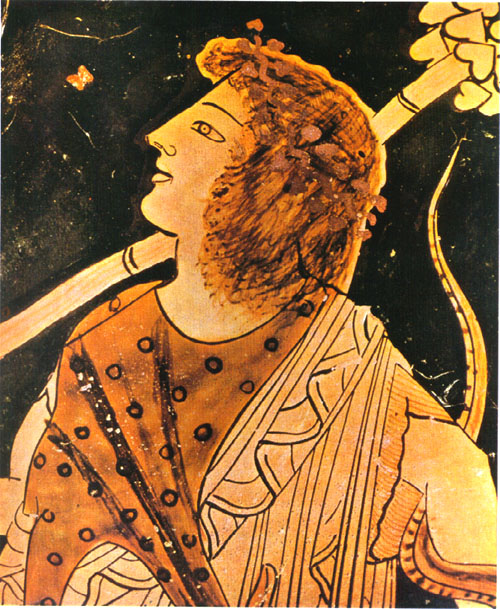
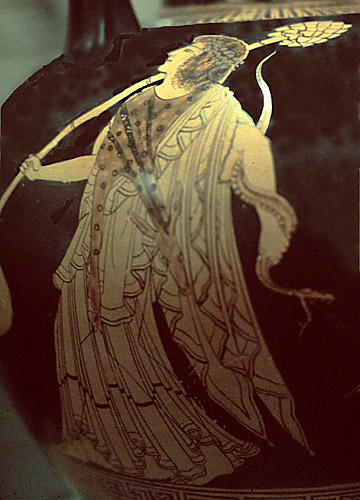

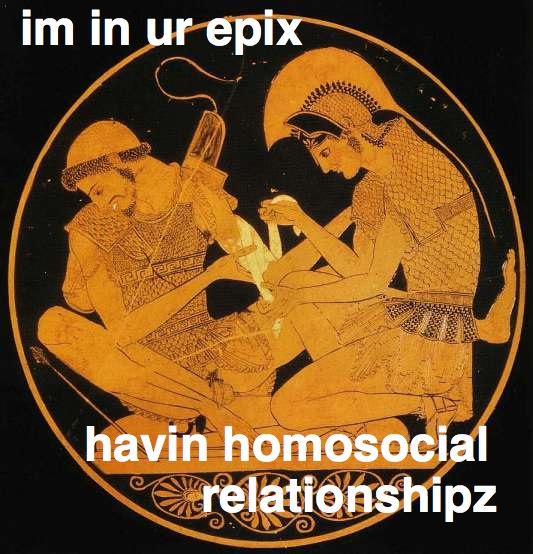
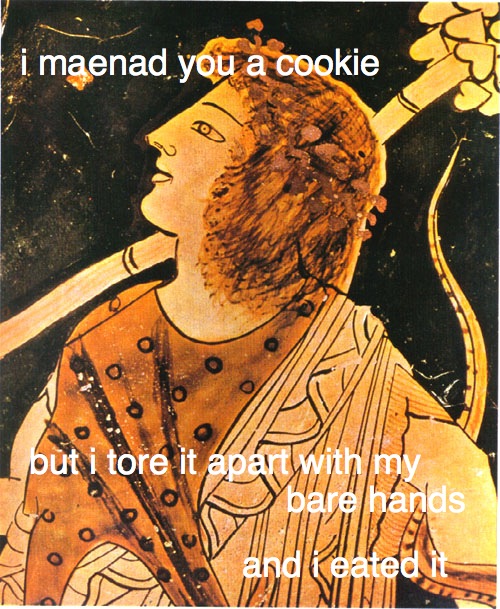
 Perhaps everyone else is over
Perhaps everyone else is over 